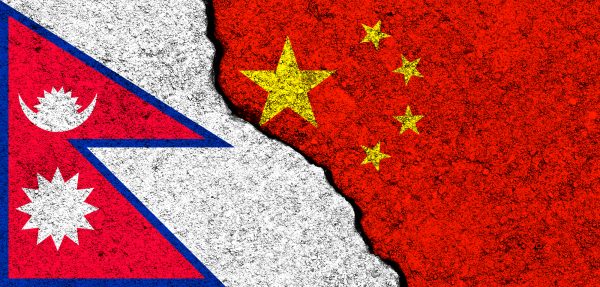
Nepal Is Hardly China's Best Bet in the Himalayas
['Nepal', 'China', 'India', 'project', 'Chinese']
Beijing has the upper hand for now, but will New Delhi win the long game?
Nepal Is Hardly China's Best Bet in the Himalayas
Now Nepal's anti-corruption agency is reportedly investigating the Pokhara project, further tarnishing the image of one of China's landmarks projects in Nepal. Nepal signed the BRI framework agreement way back in 2017, broadly aiming to connect trade, facilities, and people, as well as foster financial integration under a "New economic order." The tall claims have faded amid Nepal's fragile political climate and growing concerns about the BRI as an unsustainable and often debt-inducing project with expansionist ulterior motives. Reportedly, Nepal prefers grants and not loans, presumably to avoid getting caught in "Debt-traps," and China is not inclined to accede to this demand. Notably, Nepal has disappointed China in its response to the three projects that aim to promote China's vision of the multipolar world: the Global Development Initiative, the Global Security Initiative and the Global Civilization Initiative. Nepal's strategic importance to China - whether as a vital resource for water and hydropower generation, a gateway into South Asia, India's traditional backyard, or as a means of controlling the sizable Tibetan refugee population and their activities in Nepal - means that the landlocked Himalayan state will see China dangling more financial and political incentives both to gain greater access to the Asian subregion and to create more viable conditions for a Sino-centric world order. India is Nepal's largest trading partner, provides transit for almost all of Nepal's third-country trade, and accounts for a large chunk of "Inward remittances." Also, despite Nepal escalating the border dispute with India by "Unilaterally" updating maps, particularly after 2020 - the year of the India-China Galwan conflict - Oli has pointed to India-Nepal diplomatic mechanisms as the way ahead, signaling a non-confrontational start to the new coalition. An optimistic perspective would serve Nepal well in a divisive regional landscape, where Nepal's two nuclear neighbors are looking to establish Himalayan dominance amid the broader regional strategic competition between India's Indo-Pacific partner the United States and rival China.